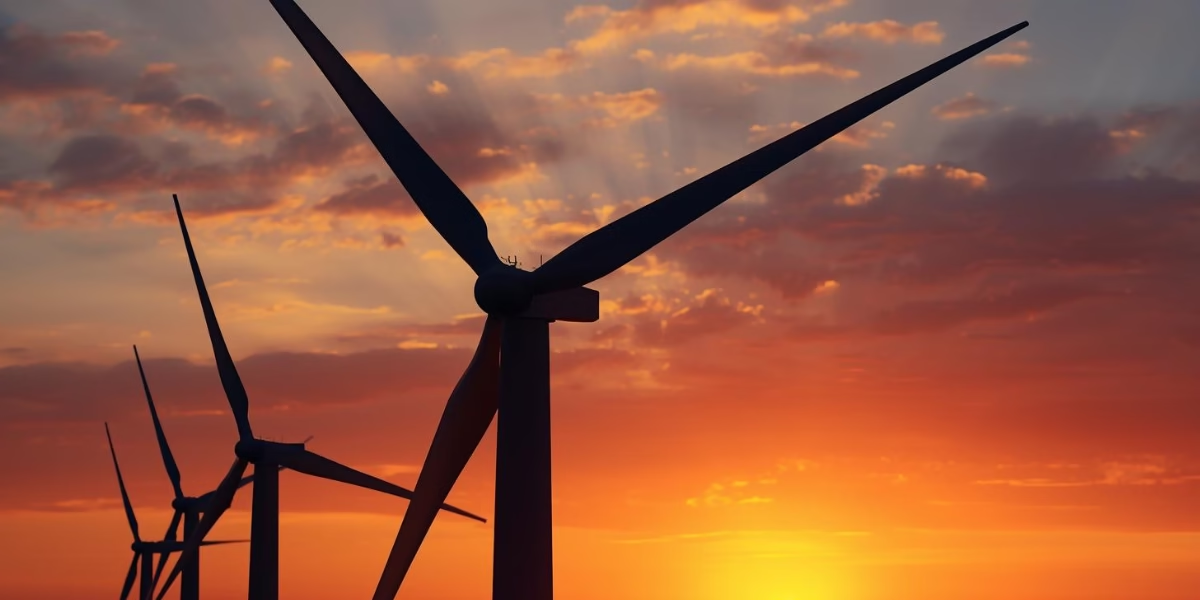Composite materials are transforming industries that demand high strength, light weight, and long-term durability. Among these, vinyl ester resin stands out for its unique balance of mechanical and chemical resistance. From marine hulls that battle saltwater corrosion to wind turbine blades that endure constant stress, vinyl ester resin forms the backbone of many high-performance composite systems.
This blog explores how vinyl ester resin helps manufacturers achieve superior performance, reliability, and sustainability across challenging environments.
Understanding Vinyl Ester Resin
This resin is a hybrid thermosetting polymer formed by reacting an epoxy resin with an unsaturated monocarboxylic acid. The result is a resin that blends the toughness of epoxy with the quick curing and cost-effectiveness of polyester.
Its molecular structure provides excellent adhesion, thermal stability, and chemical resistance. These qualities make vinyl ester an ideal choice where strength, resistance, and long-term performance are critical.
Why Vinyl Ester Resin Excels in Composites Making?
In composite manufacturing, the resin system plays a crucial role in binding the reinforcing fibres and protecting them from external stresses. The resin performs this role exceptionally well because it offers:
- High corrosion resistance: Prevents degradation from moisture, chemicals, and solvents.
- Superior fatigue strength: Maintains mechanical integrity under repeated loading.
- Low water absorption: Ensures dimensional stability even in humid or submerged conditions.
- Excellent adhesion: Bonds well with glass, carbon, or aramid fibres.
Because of these advantages, vinyl ester resin has become the preferred matrix in advanced composite systems.
Marine Hulls: Defending Against Corrosion and Fatigue with Vinyl Ester
Marine structures constantly face saltwater exposure, UV radiation, and hydrostatic pressure. Over time, these factors can cause osmotic blistering and loss of structural integrity.
Advantages to Manage Marine Products
Vinyl ester resin combats these challenges effectively. Its tight molecular cross-linking limits water penetration, reducing blistering and swelling. Moreover, its flexural toughness helps absorb impacts from waves and vibrations without cracking.
Typical Marine Applications of Vinyl Ester
- Boat hulls and decks
- Yacht superstructures
- Chemical transport vessels and pipes
With vinyl ester resin, marine components stay lighter, stronger, and longer-lasting, requiring less maintenance while delivering consistent performance at sea.
Wind Turbine Blades: Powering Renewable Energy with Strength
Wind turbine blades must endure cyclic loading, wind shear, and temperature variations. They also require a low weight-to-strength ratio for efficient rotation and energy output.
Why Vinyl Ester Works?
Vinyl ester resin delivers excellent fatigue resistance, allowing blades to withstand millions of operational cycles. Its superior fibre wet-out ensures strong bonding between resin and glass or carbon reinforcement, which enhances stiffness and structural uniformity.
Additionally, its thermal stability helps blades maintain shape and performance across varying temperatures, from hot coastal zones to cold offshore environments.
Common Applications of Vinyl Ester
- Rotor blades for onshore and offshore wind farms
- Blade shells and spars
- Protective coatings and nacelle covers
By ensuring long-term reliability and minimal maintenance, vinyl ester composites help make renewable energy systems more cost-efficient and sustainable. Vinyl ester resin offers a balanced combination of epoxy’s performance and polyester’s processing ease, making it ideal for industries that demand durability without excessive cost.
How Vinyl Ester Offers Design and Processing Benefits?
This resin is compatible with various fabrication techniques such as hand lay-up, filament winding, spray-up, and vacuum infusion. It cures quickly, which helps speed up production while maintaining strength and stability.
Because of its low shrinkage and strong adhesion, it ensures precise dimensions and smooth surface finishes. These qualities reduce secondary machining, saving both time and cost in large-scale manufacturing.
Concluding Thoughts
From marine hulls navigating saltwater to wind turbine blades capturing renewable energy, vinyl ester resin enables composite structures that combine lightness, toughness, and chemical resistance.
Its versatility bridges the performance gap between epoxy and polyester systems and delivers reliable, high-quality composites across industries. As manufacturers seek materials that can handle harsh environments while supporting sustainable growth, this resin continues to power the future of high-performance composites.
COMPANY INFO
Website: www.crestresins.com
Phone: +91 9879233188
Email: enquiry@crestresins.com
Address: 605/A, 6th Floor, Tower D, Times Square Grand Office, Sindhubhavan Marg, Near Taj Hotel, Ahmedabad, Gujarat - 380059

